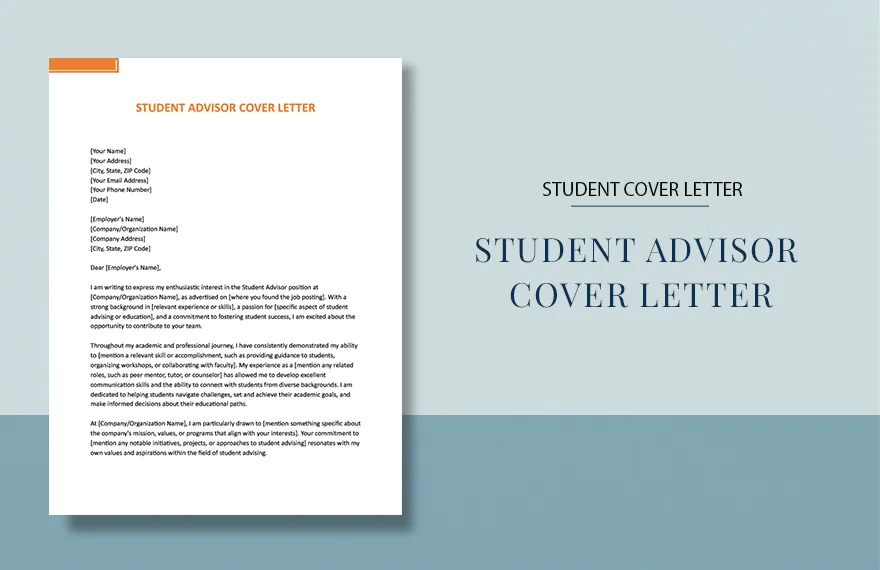Understanding the Importance of a Cover Letter
A cover letter for an academic advisor is your initial introduction, a vital tool in your application process. It’s your opportunity to showcase your interest in working with a specific advisor, highlighting your relevant skills, and demonstrating your understanding of their research. A resume lists facts, but a cover letter allows you to express your personality, your motivations, and your genuine interest in the opportunity. It crafts a compelling narrative, grabbing the advisor’s attention and encouraging them to learn more. It is the critical first step in creating a strong first impression.
Why a Cover Letter Matters to Advisors
Advisors receive numerous applications. A well-crafted cover letter helps you stand out. It signals you’ve invested time in understanding their work and the specific requirements. It helps them quickly assess your communication, writing skills, and fit within their research group. It shows your professionalism and attention to detail. Without a compelling cover letter, your application may be overlooked. It’s your chance to show that you are not only qualified but also have the potential to thrive under their guidance.
Key Elements of a Successful Cover Letter
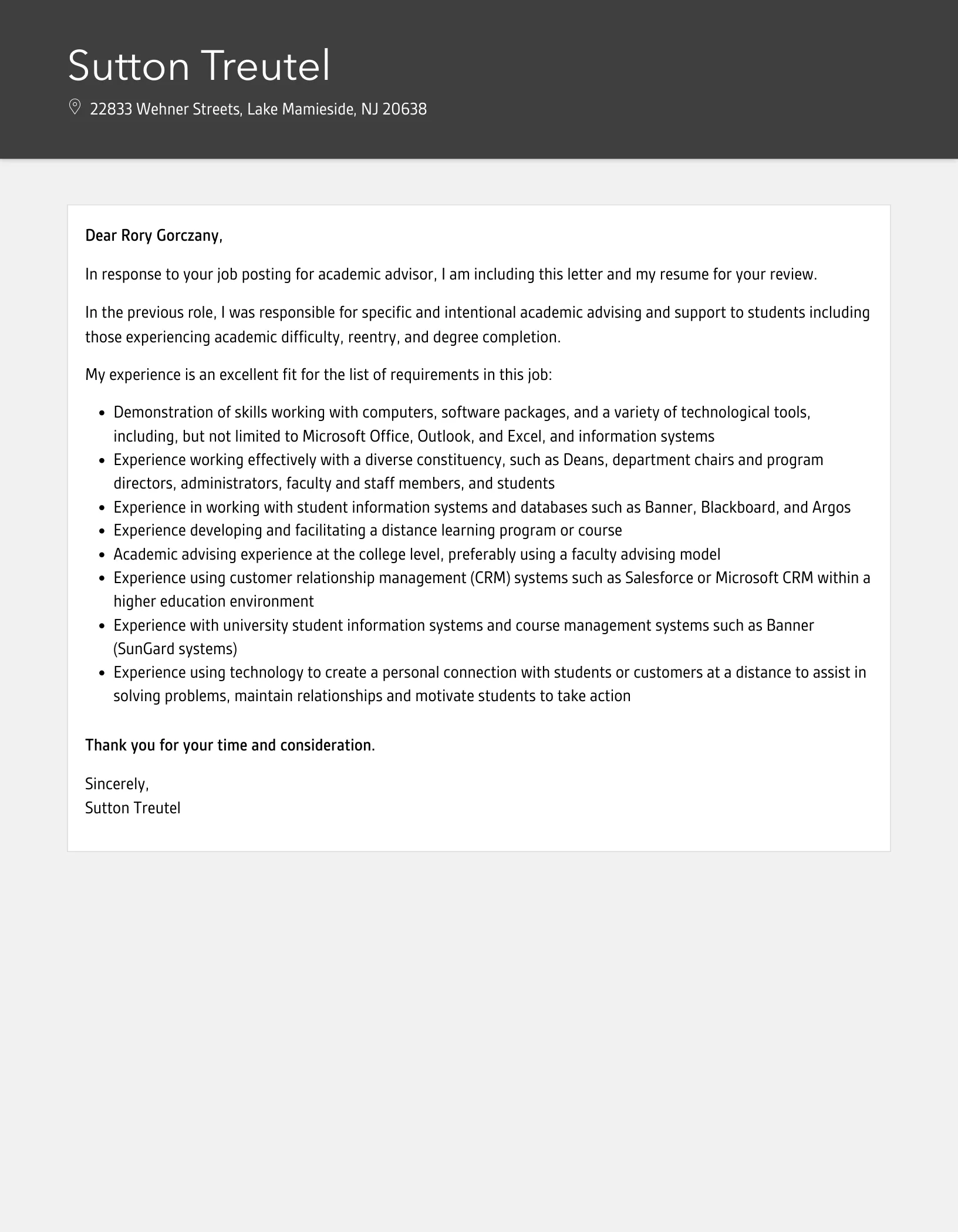
A successful cover letter is concise, focused, and tailored to the specific advisor and opportunity. Clearly state your purpose. Highlight your most relevant skills and experiences, providing specific examples. Demonstrate knowledge of the advisor’s work and how your interests align. Maintain a professional tone and proofread for errors. Focus on conveying your enthusiasm and potential to contribute. The key is to make a great impression.
Highlighting Your Relevant Skills and Experiences
Be specific when describing your skills. Instead of simply stating you have research experience, explain the nature of your research, your role, the techniques used, and your results. Quantify achievements when possible, such as “assisted in data collection from over 100 participants.” Mention relevant experience with specific software or methodologies used by the advisor. Tailor your skills to the requirements by reviewing the advisor’s publications to identify their desired skills. Emphasize the skills you possess and how you contribute to their work. Showcase your skills to get noticed.
Demonstrating Your Passion and Interest
Academic advisors value genuine enthusiasm for the field. Your cover letter expresses your passion. Explain why you are drawn to the advisor’s research. Have you read their publications? Do you admire their work? Share your admiration sincerely. Convey that you are specifically interested in working with them, not just any advisor. Express your career goals and how working with this advisor helps. Show that you seek a mentor and a partner in your academic journey. Enthusiasm separates you from the rest.
Tailoring Your Letter to the Specific Advisor
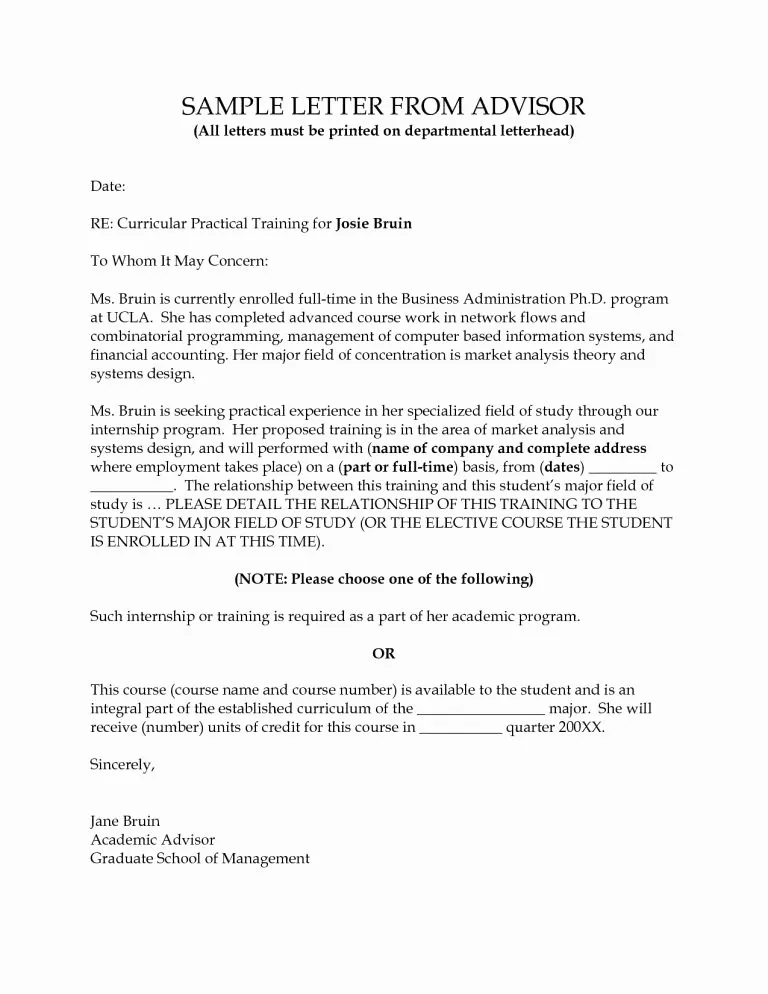
Generic cover letters rarely impress. Tailor your letter to each advisor. Research the advisor’s work and publications. Demonstrate your understanding of their expertise and how your skills align. Reference specific projects or methodologies. This shows you’ve invested time in learning. Tailoring involves addressing the requirements in the job posting, highlighting relevant skills. Personalization makes a difference.
Researching the Advisor and Their Work
Thorough research is crucial. Start by visiting their university website and exploring their profile. Review their publications on Google Scholar or other databases. Identify their current research projects and collaborations. Read recent publications to understand their methodologies and contributions. Familiarize yourself with the advisor’s research group. This research helps you personalize your letter and show genuine interest. Knowing their work increases your chances.
Formatting and Structure: Making a Great Impression
Your format should be professional and readable. Use a standard font, like Times New Roman or Arial, with consistent formatting. Use single spacing and one-inch margins. Begin with your contact information, the date, and the advisor’s information. Include an opening paragraph, two to three body paragraphs, and a closing. The opening states your purpose and captures attention. The body highlights your skills and experiences. The closing restates your interest and calls to action. Good format leads to a better first impression.
Crafting a Compelling Opening
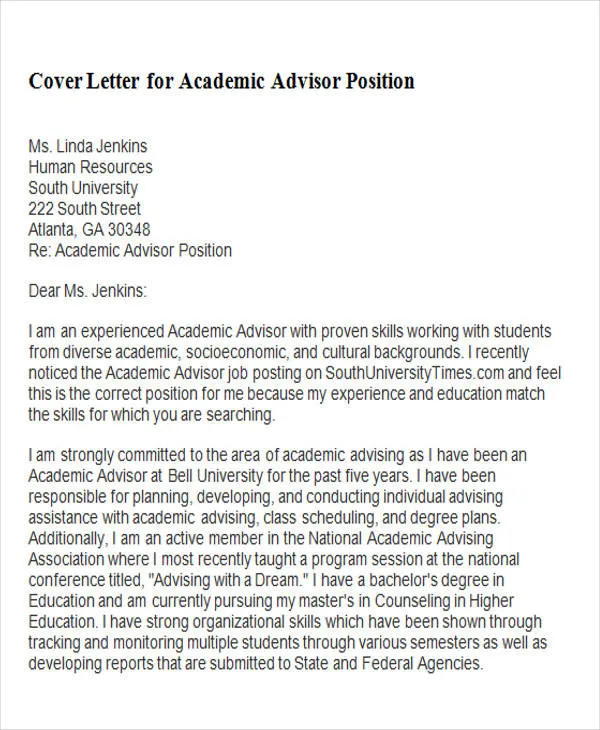
The opening paragraph is crucial. Start with a strong statement expressing your purpose and interest. Avoid generic phrases. Use a more engaging approach, such as mentioning a specific project. State your objective clearly. The opening should be concise and make the advisor want to learn more. A strong opening is the first step.
Structuring the Body of Your Letter
The body of the letter should support your candidacy. Divide it into two or three concise paragraphs. Provide an overview of your skills in the first paragraph. In the second, explain why you want to work with this advisor and how your skills will contribute. Keep each paragraph focused. The body should tell a clear story.
Writing a Strong Closing and Call to Action
The closing reiterates your interest and enthusiasm. Thank the advisor. Reiterate your desire to contribute and include a clear call to action. For example, “I am eager to discuss my application and welcome the opportunity to schedule a meeting.” End with a professional closing. A strong closing creates a lasting impression.
Proofreading and Editing for Perfection
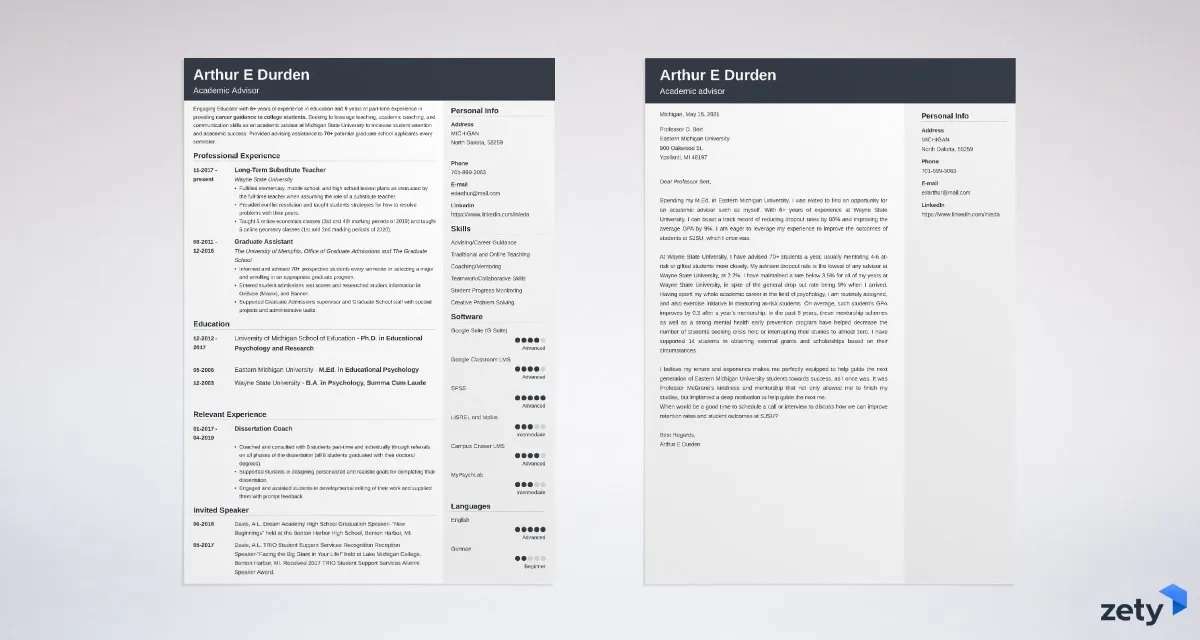
Proofread carefully. Read the document aloud to catch phrasing issues. Use grammar-checking tools, but review the suggestions critically. Ensure consistent formatting. Confirm that your information is correct. Ask someone to review it. A polished, error-free letter demonstrates professionalism. Perfection is important.
Common Mistakes to Avoid
Avoid these common mistakes. Don’t use generic templates. Tailor your letter. Avoid restating your resume. Avoid typos and unprofessional language. Keep it concise. Be proactive. Proofread and get feedback. Be honest. Avoiding these mistakes will increase your chances of success.
Tips for Effective Language and Tone
Use positive and engaging language. Use action verbs. For example, use “managed” or “implemented.” Maintain a professional, enthusiastic tone. Avoid overly formal or jargon-filled language. Strive for clarity. Show confidence, not arrogance. Demonstrate respect. Personalize your letter. Use language that is effective.
Seeking Feedback Before Submission
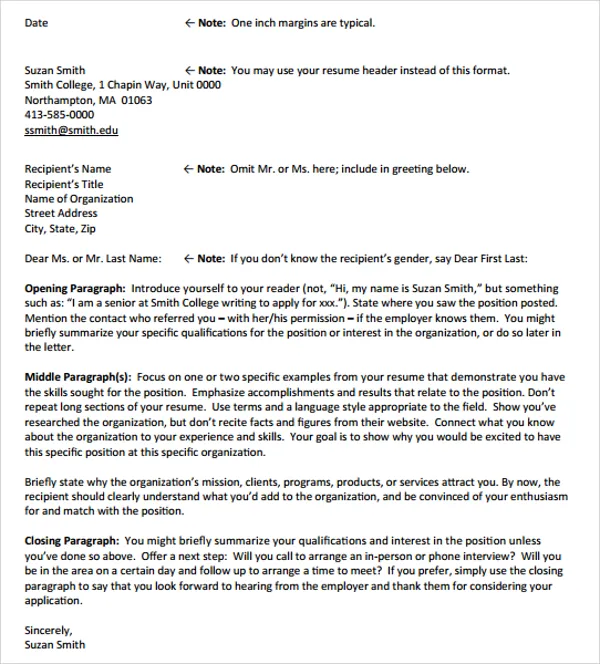
Seek feedback before submitting. Ask a mentor or career counselor to review your letter. They can offer insights on clarity and effectiveness. Request feedback on the content, structure, and tone. Revise based on their feedback. A fresh perspective helps. Getting feedback helps make your letter better.
